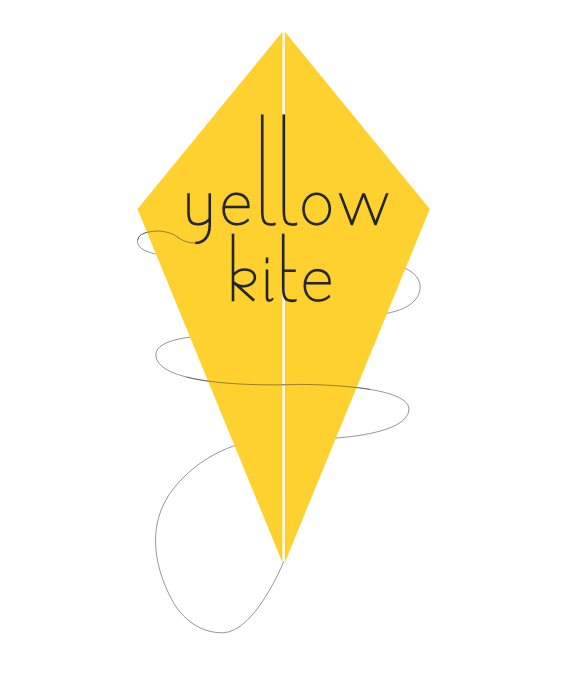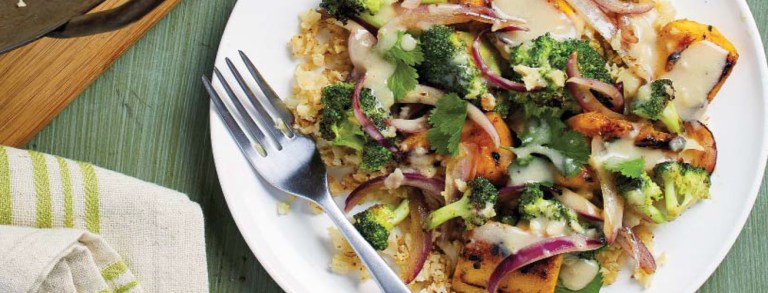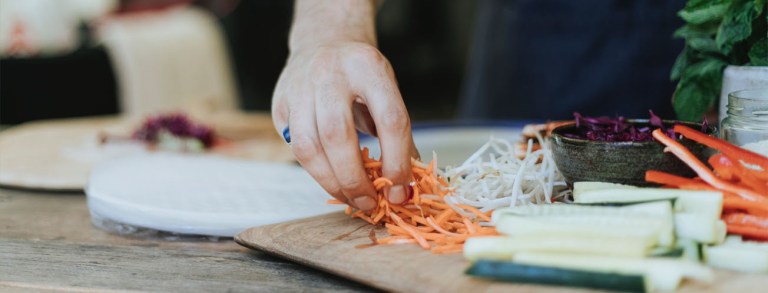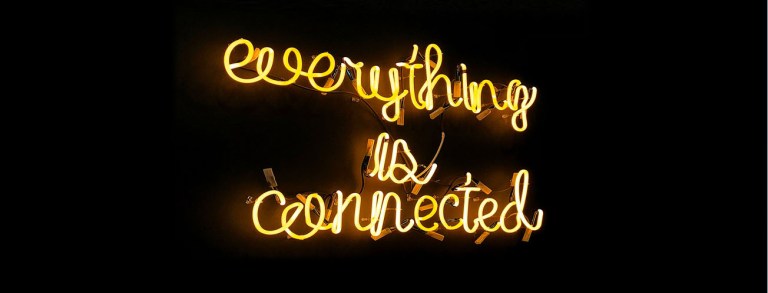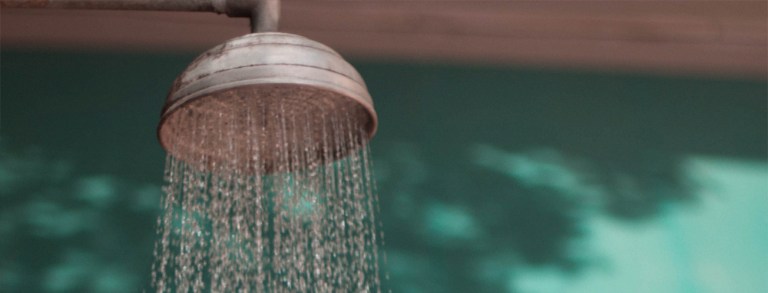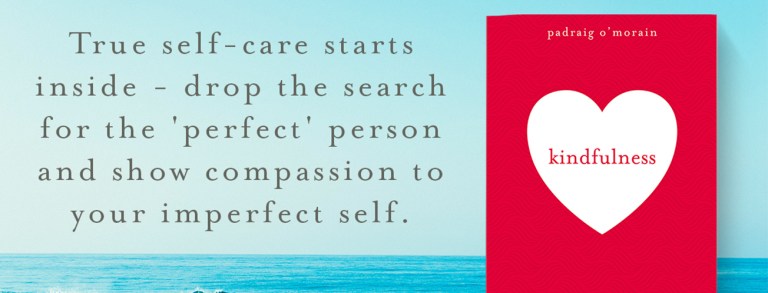Defeat the Darkness with Sleep Hygiene
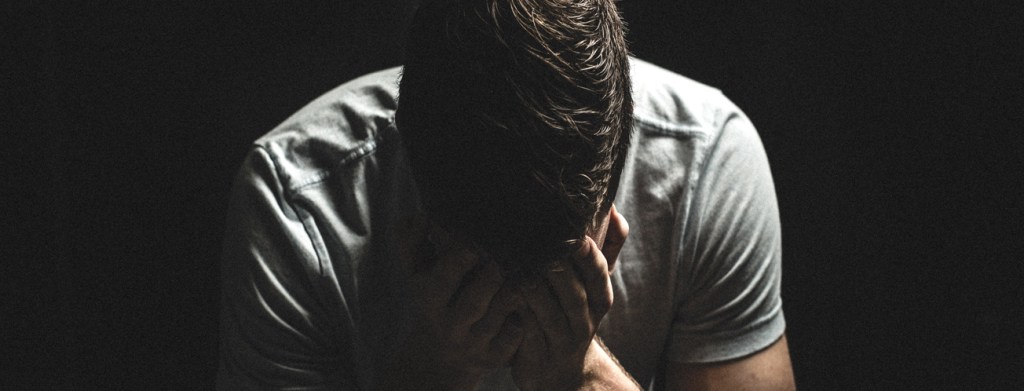
When you’re experiencing any kind of mental health crisis – or simply living with a chronic mental illness – one of the first things to be affected is, inevitably, your sleep. You sleep too much, or you get out of a healthy sleeping routine, or you simply don’t sleep at all.
But although you might feel helpless, you’re not: there are plenty of small things you can do to improve your sleep.
Get out of bed
This might sound counterintuitive, but bear with me. It’s really easy to sit in bed all day – reading, looking at your phone, even doing work on your laptop – but if you’re finding it hard to get to sleep in the evening, you need to spend as little time in your bed as you can in order to reframe it as a restful place.
Doctors and sleep hygienists generally say you should only use your bed for two things: sleeping and sex. If you’re doing neither? Get out of bed!
Try to avoid caffeine
For those of us who are approximately 90% coffee at any given time, this one might be a little tricky. But, unfortunately, it does actually work.
If you’re not willing to give up your morning cup of coffee (and who can blame you), try cutting down or giving yourself a cut-off point – when I gave up drinking coffee, tea and caffeinated soft drinks after 2pm my sleep almost instantly improved, and I felt better when I woke up in the morning.
Think about your alcohol consumption
During periods of insomnia, it can be really easy to start depending on alcohol to send you to sleep. If nothing else works, why not have a few glasses of wine to make you drowsy?
But, as we probably all know, this is a less than perfect solution. Alcohol itself can cause disturbed sleep, so the quality of your sleep will be poor. There’s also a clear link with mental health issues – as DrinkAware note, drinking heavily or regularly can lower the levels of serotonin in your brain, making you feel depressed. And if you already have mental health problems, this can be particularly severe.
You may also become dependent – a whole other problem to contend with. Monitor your drinking for a week – if you’re drinking too much, try cutting back or having alcohol-free days. You may find your sleep improves with it.
Try not to nap
I know, I know: when you’ve not slept well – or at all – climbing back into bed at 3pm and having a quick nap is the most tempting thing in the world. If your sleep is really disrupted, you may not even feel like you have a choice in the matter – you might be falling asleep on the sofa, on the bus or even at your desk.
It may feel impossible, but try your best not to nap. Pick a routine – up at the same time, in bed at the same time – and try to stick to it, even if you feel you’ve not slept enough.
Get comfy
If your room is cluttered and messy, it probably doesn’t feel particularly restful, and neither will you. Try to keep it clean, tidy and calm – change your sheets, light some candles, clean up messy floors.
If you’re going through a severe depressive episode and are finding it hard to keep on top of tidying, don’t panic. Give yourself five minute ‘shifts’ for tidying, and tackle tiny areas at a time – spend five minutes cleaning and clearing your windowsill before having a break, then move onto your bedside table or wardrobe. It might take a while, but you’ll feel marginally better for having achieved something tiny and your room will feel calmer and more restful.
Remember that holistic techniques may not always work
If you’ve tried everything – making your room feel safe and restful, avoiding naps, cutting down on caffeine – and you’re still struggling to get to sleep, please don’t be afraid to go to your doctor. Holistic methods don’t always work for everyone, and your GP may be able to prescribe you a short course of sleeping pills to try to get you back into a normal schedule.
This is doubly relevant when you’re experiencing a particularly poor episode of mental health – sometimes no amount of scented candles or alcohol-free days will help when what you really need is anti-depressants, anti-psychotics or sleeping pills.
